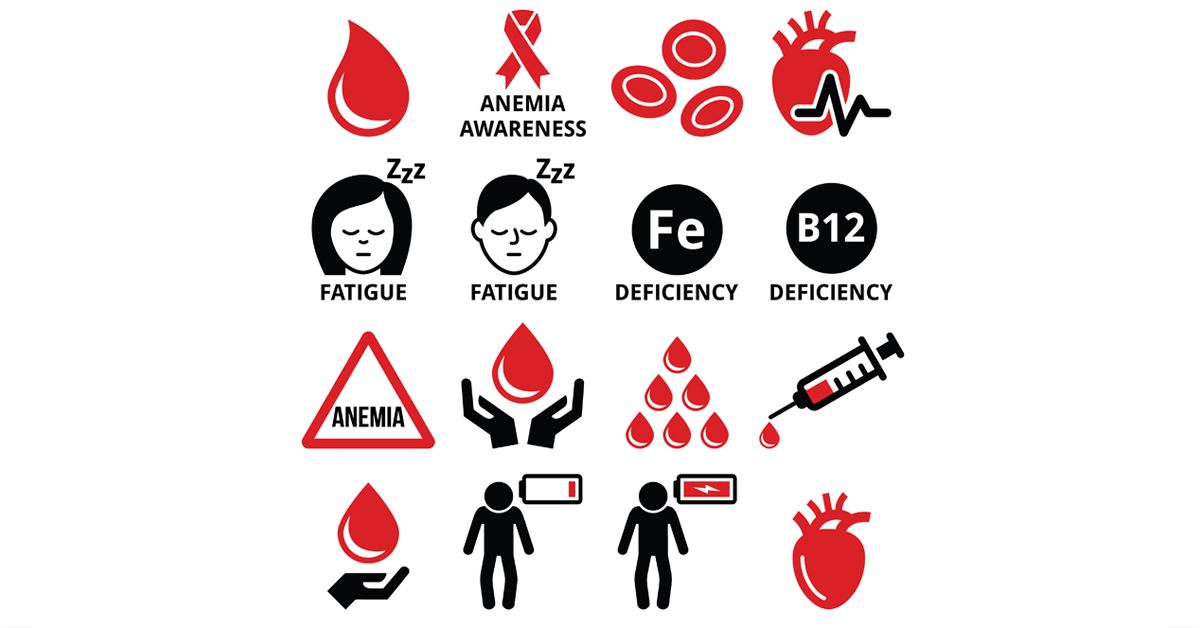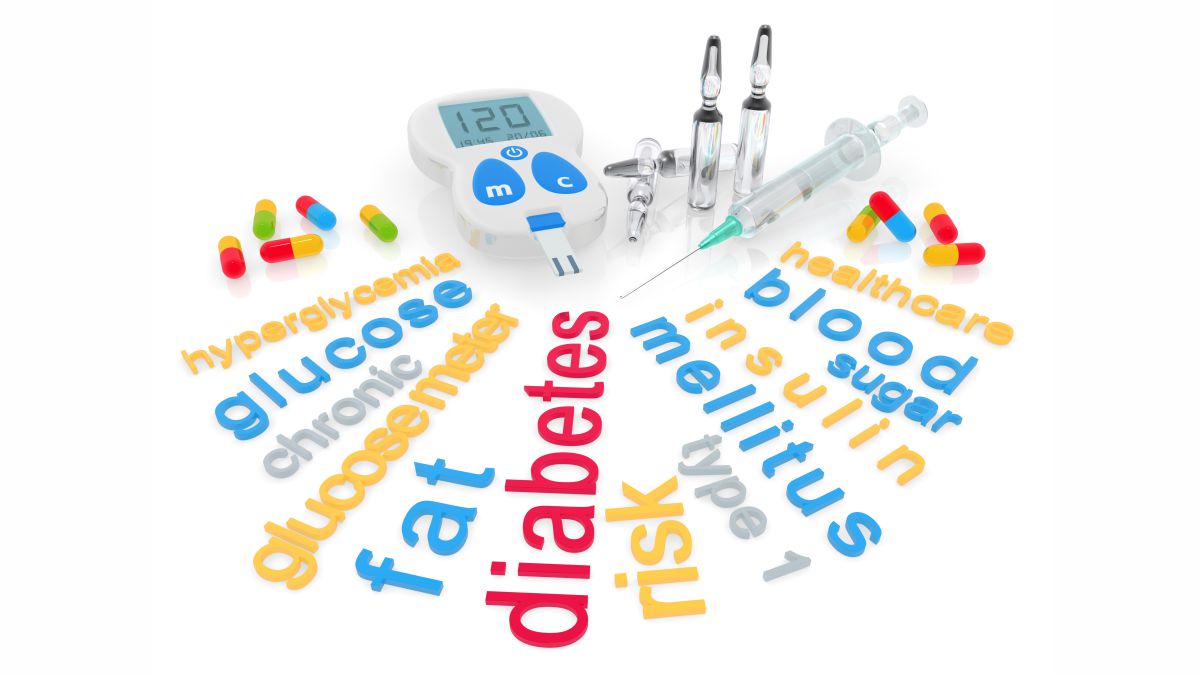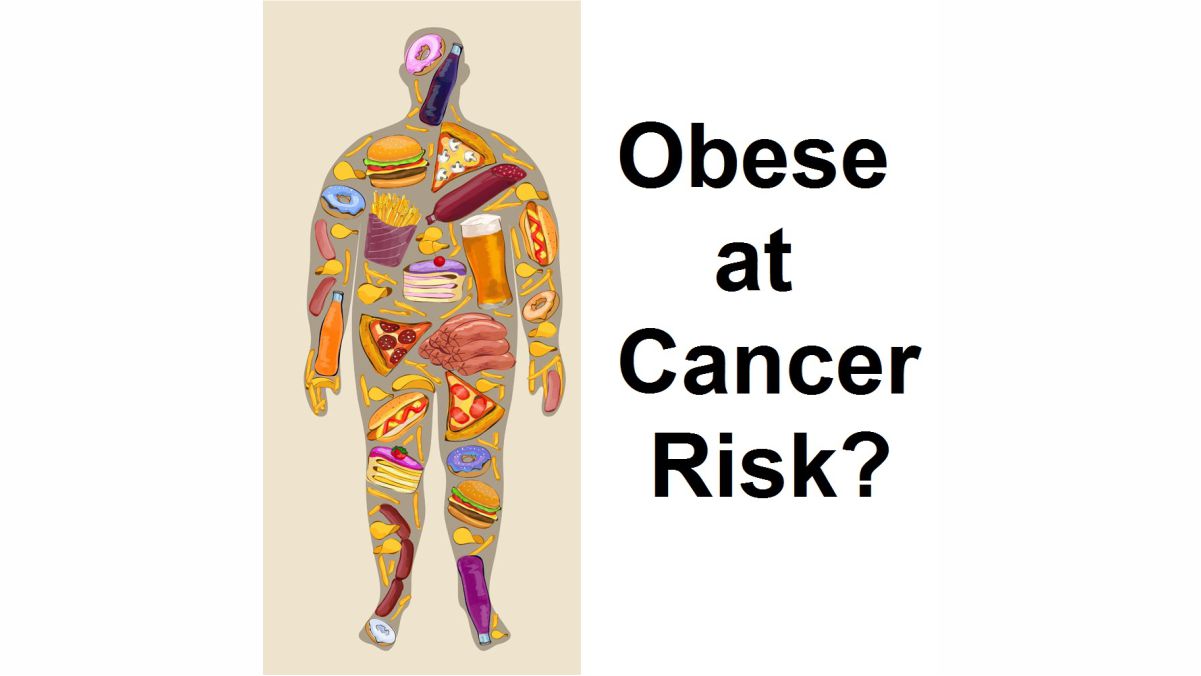
MCH levels in blood? What do they really mean?
Mean corpuscularhemoglobin (MCH) refers to the average quantity of hemoglobin (a protein) present in a single red blood cell. These values are useful in understanding the cause of anemia. They also help in classifying the types of anemia.
Variations in MCH levels are indications of:
1. Iron deficiency anemia- Iron is important for production of hemoglobin. Hence lack of iron leads to reduced hemoglobin levels which further reduces MCH.
2. Thalassemia- This condition cause the body to make less RBCs and hemoglobin, thus resulting in low levels of MCH.
3. Folate and B 12 deficiency- Anemia due to folate or B12 deficiency, result in large oval red blood cells with a normal hemoglobin content. In both these cases increased MCH levels in blood are observed.
4. Celiac Disease (Improper absorption of iron)- Certain conditions damage the small intestine resulting in malabsorption of iron and other nutrients. Thereby leading to decreased hemoglobin and MCH levels.
Symptoms of low MCH are as follows:
- Shortness of breath
- Chest pain
- Increased heartbeat
- Fatigue
- Pale skin
- Headache
Managing the MCH levels:
- Iron supplements
- Intravenous iron therapy
- Vitamin supplements
Given below are few rich sources of Iron:
- Pulses and beans
- Dates
- Brown rice
- Tofu
- Beetroot
- Lean red meat, turkey and chicken
- Fish- Such as mackerel, sardines, salmon and pilchards
- Nuts
- Leafy green vegetables- such as spinach, watercress and broccoli
- Dry fruit- in particular apricots, raisins and prunes.
MCH is an important parameter in blood and any variations in them could indicate a range of conditions. Understanding the cause of variation is necessary to decide on a treatment method.










